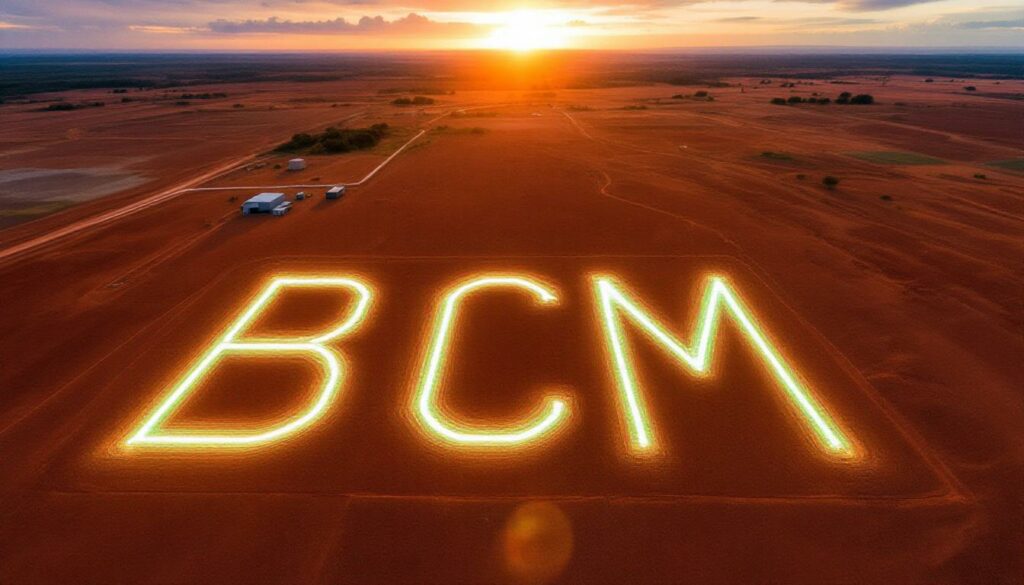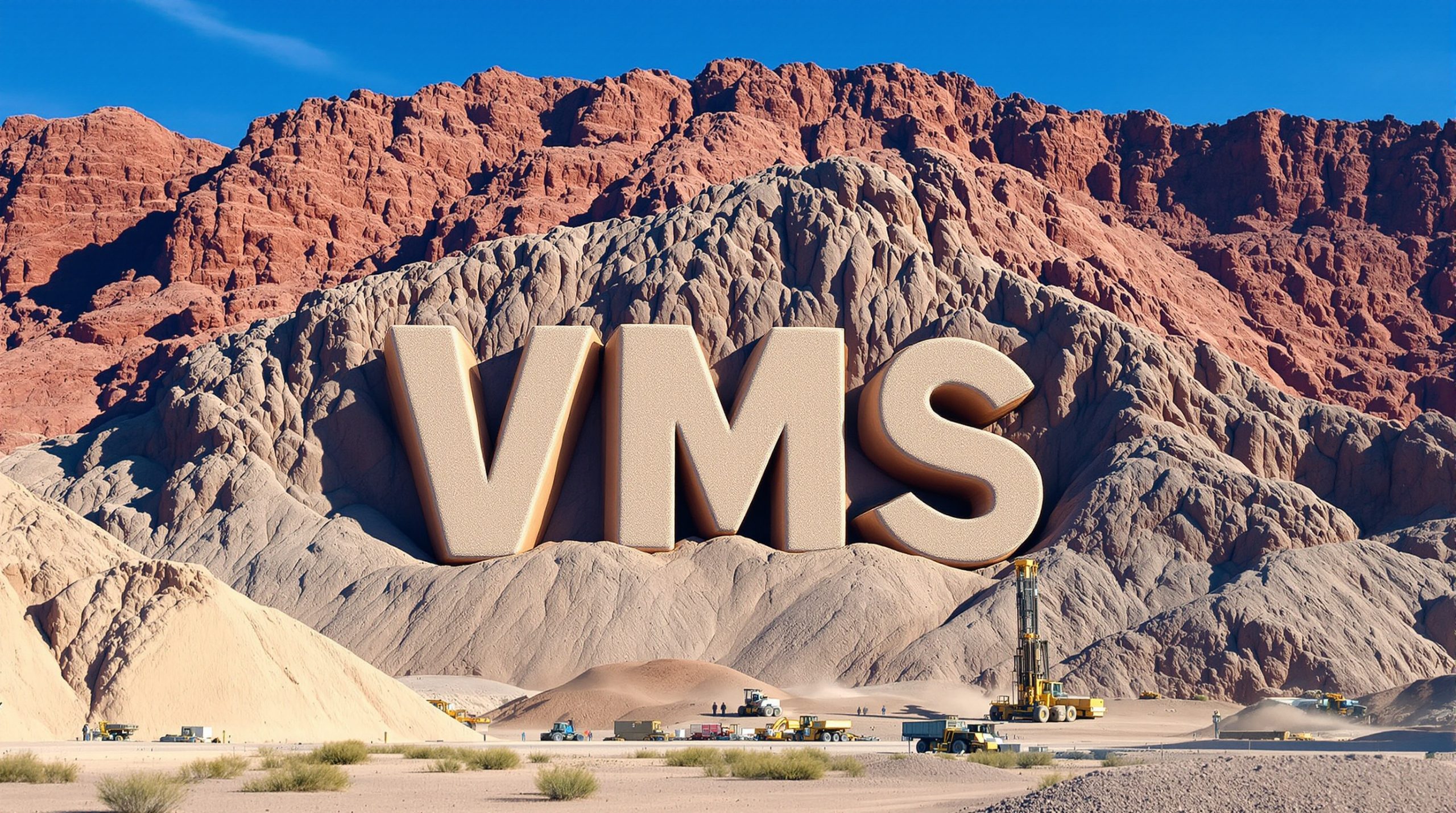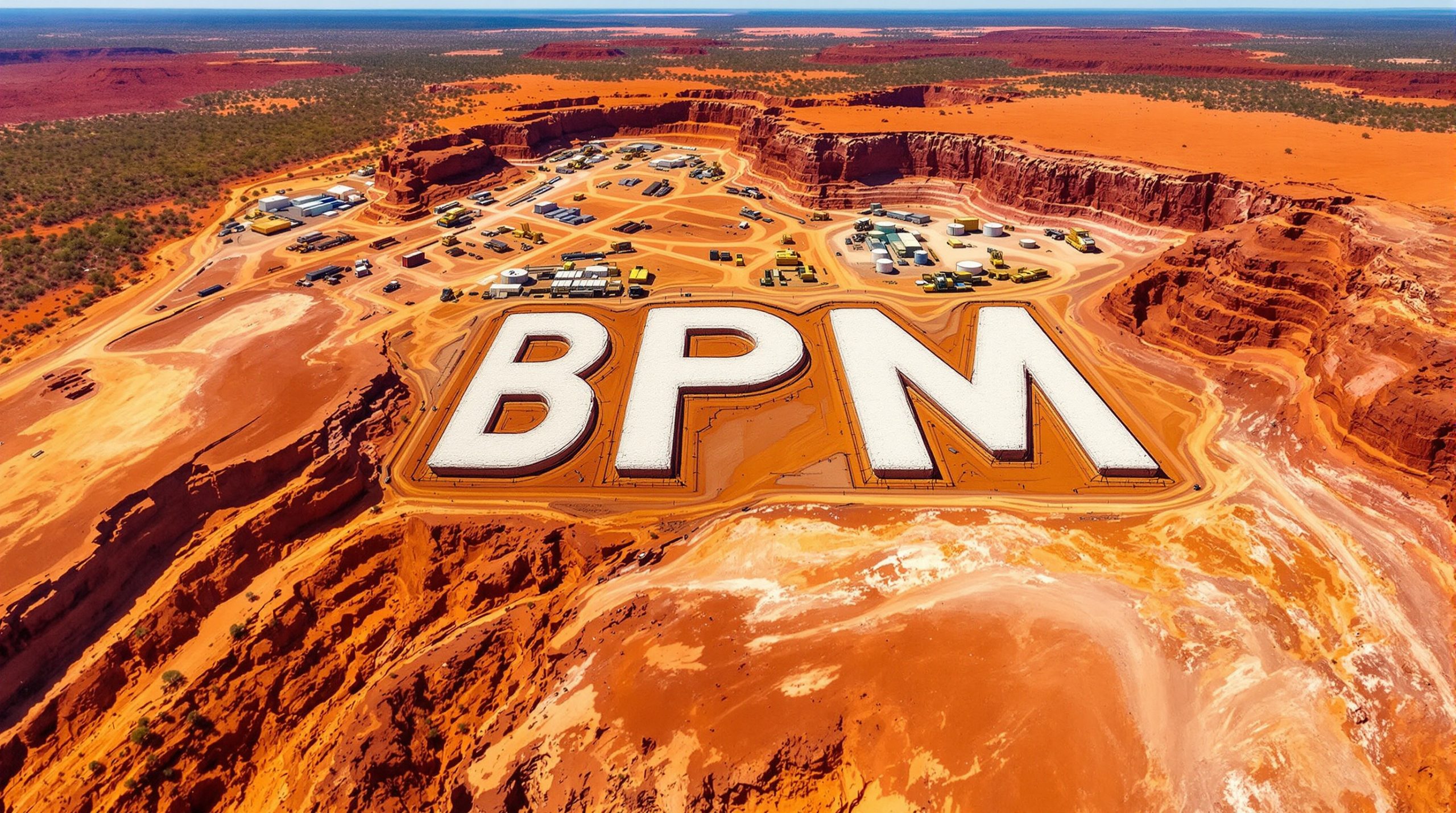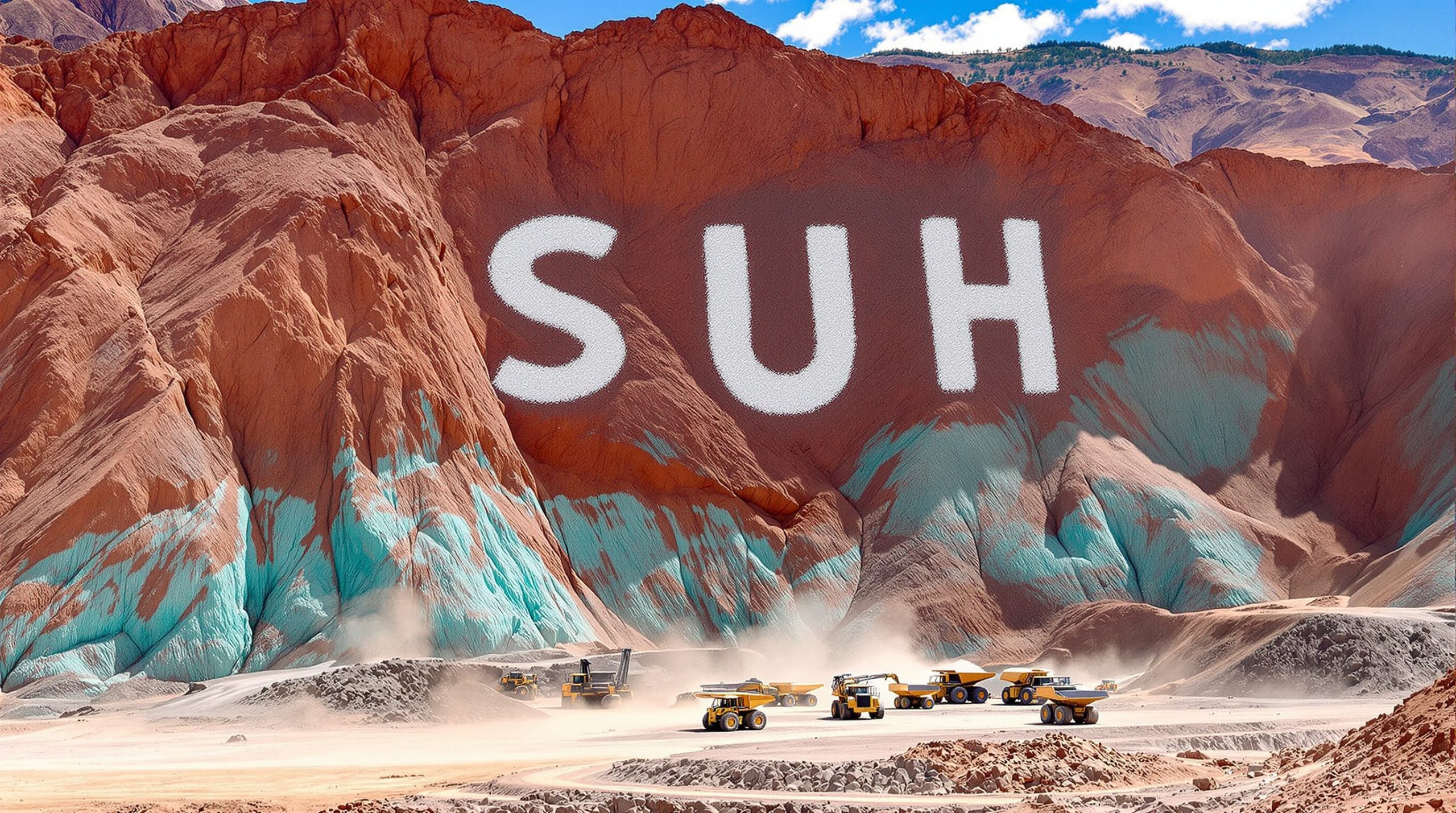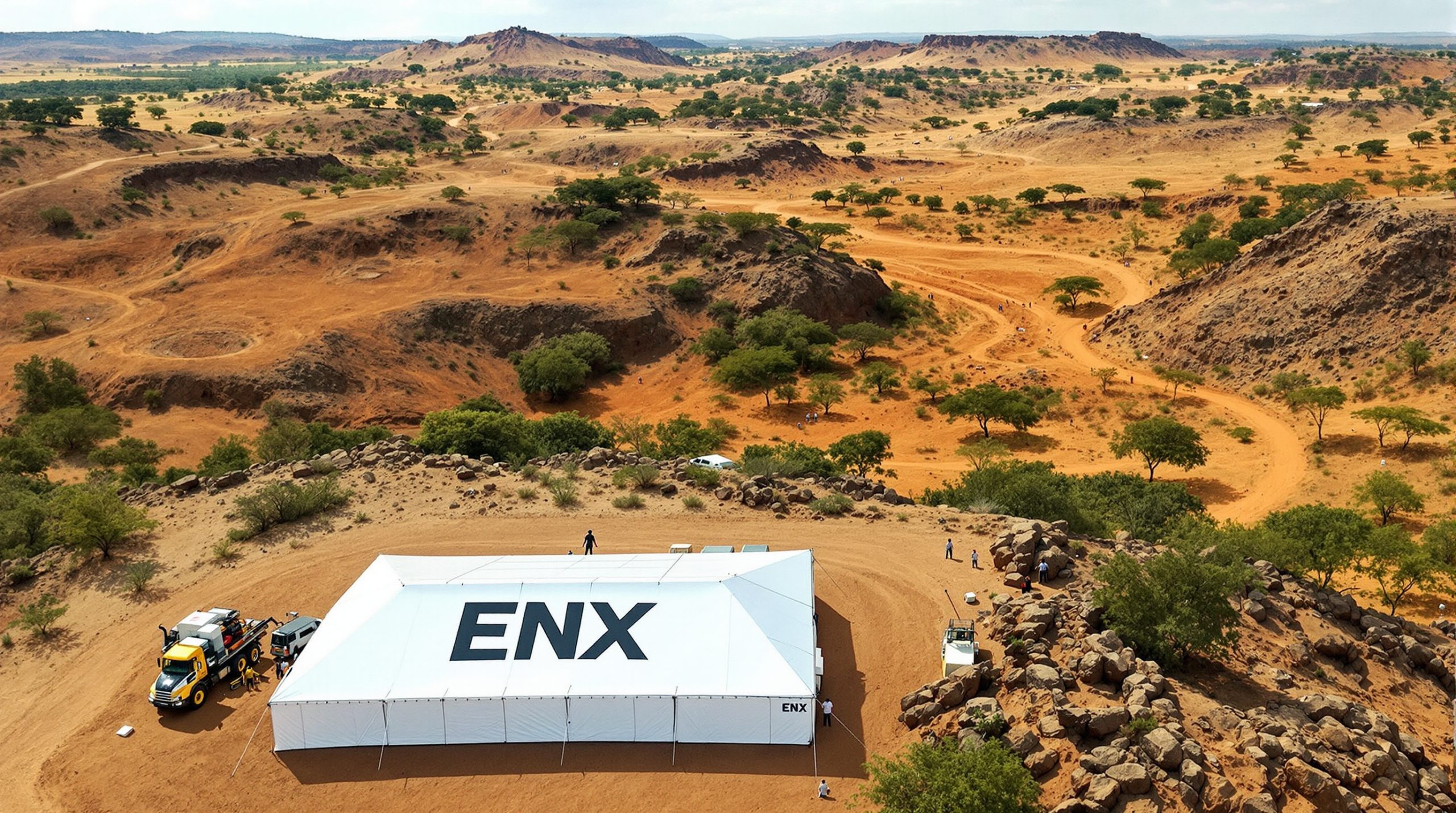Brazilian Critical Minerals Achieves Major Breakthrough in Rare Earth Extraction
Brazilian Critical Minerals Limited (ASX: BCM) has successfully leached, extracted, and precipitated rare earth elements from its in-situ recovery (ISR) pilot field trial at the Ema project, marking a significant milestone in the company's development pathway.
Revolutionary Extraction Method Proves Successful in Field Trials
In a groundbreaking achievement, BCM has demonstrated that rare earth elements can be successfully extracted under real-world conditions using environmentally friendly in-situ recovery methods. The company used a low-concentration (0.5M) magnesium sulfate solution to recover the elements directly from the deposit, validating the technical viability of this innovative approach.
"Our field trials have now conclusively demonstrated that rare earth elements can be successfully leached, recovered, and precipitated from solution via in-situ recovery at Ema, exceeding our expectations on all fronts," said Andrew Reid, Managing Director of Brazilian Critical Minerals. "This represents a major technical and operational milestone and a critical step in de-risking the project."
The successful field trials represent a critical step in de-risking the project and confirming that ISR can reliably mobilize and extract rare earths under real-world conditions. This approach aligns with recent high-grade REE critical minerals projects that have garnered industry attention.
Impressive Concentration of High-Value Magnet Elements
The initial extraction results have shown remarkably high concentrations of key magnet elements (Nd, Pr, Dy, Tb) within the pregnant leach solution (PLS):
| Extraction Well | MREO Content | TREO Grade |
|---|---|---|
| H1-F8 | 41% | Up to 535 ppm |
| H1-F9 | 41% | Up to 720 ppm |
| H2-F10 | 33% | Up to 370 ppm |
These high magnet element compositions position the Ema project as one of the highest magnet composition rare earth projects globally. These magnet elements (MREO) represent approximately 90% of potential revenue for the project. The composition shows similarities to recent rare earth discovery of samarskite deposits containing heavy elements.
Economically Attractive Development Pathway
The successful field trials further support the compelling economics outlined in BCM's February 2025 Scoping Study, which highlighted:
- Low capital expenditure of just US$55 million
- Low operating costs of only US$6.15/kg TREO
- Production capacity of 4,800 tonnes per annum of total rare earth oxides
- 1,800 tonnes per annum of key magnet elements in a mixed rare earth carbonate product
Unique Advantages of the Ema Project
The Ema Project stands uniquely positioned outside Southeast Asia as the only known rare earth project capable of operating via ISR with exceptionally low capital and operating costs. The project's resource estimate includes:
- Total Mineral Resource of 943 million tonnes
- Average grade of 716 ppm TREO
- Indicated Resource of 248 million tonnes at 759 ppm TREO
Understanding In-Situ Recovery for Rare Earth Extraction
In-situ recovery represents a significant advancement in rare earth extraction technology. Unlike conventional mining methods that require extensive excavation and processing infrastructure, ISR involves injecting a solution directly into the ore body to dissolve target minerals.
For Brazilian Critical Minerals' Ema project, the process works through these key steps:
- Injection of leaching solution: A low-concentration magnesium sulfate solution is injected into the clay-rich horizon containing adsorbed rare earths.
- Ion exchange process: The solution mobilizes these elements through ion exchange, where magnesium ions replace the rare earth elements attached to clay particles.
- Solution extraction: The resulting pregnant solution containing dissolved rare earths is pumped to the surface.
- Processing and recovery: The extracted solution undergoes processing to precipitate and recover the rare earth elements.
This method offers several significant advantages:
- Minimal surface disturbance
- Lower capital and operating costs
- Reduced water consumption
- Smaller environmental footprint
- No waste rock or tailings facilities required
The successful rare earth extraction at Ema demonstrates that Brazilian Critical Minerals' approach can work effectively in real-world conditions, providing a more sustainable alternative to traditional mining methods. Furthermore, this innovation comes at a time when mineralization discoveries in uranium projects are also advancing extraction technologies.
Field Trial Success Details
Since commencing the field trials, Brazilian Critical Minerals has achieved several key technical milestones:
- Successfully injected a low-strength (0.5M) MgSO₄ solution
- Rapidly decreased the pH of the clay zone to the target level required for rare earth leaching
- Observed fast reactivity of the reagent to leach rare earths into solution
- Achieved high pregnant leach solution (PLS) grade from leaching only a small test area
- Maintained constant solution flow through the clays, indicating strong permeability
- Observed steady and elevated rise in solution levels, indicating an impermeable basement
- Successfully extracted and precipitated rare earths from solution
The extraction of rare earth-bearing solution was conducted from monitoring wells positioned downslope of the injection points, closely simulating the layout and flow dynamics anticipated in future commercial operations.
Next Steps for Brazilian Critical Minerals
Following this significant achievement in Brazilian critical minerals rare earth extraction, BCM has outlined several key next steps:
- Continue field trials to collect additional rare earth PLS
- Implement water washing to reduce magnesium and sulfate levels to original background levels
- Produce a Mixed Rare Earth Carbonate suitable for offtake analysis
- Commence Bankable Feasibility Study within the next few weeks
- Continue offtake discussions with potential partners
- Progress environmental and mining permits with state regulators
Why Investors Should Follow Brazilian Critical Minerals
BCM represents a compelling investment opportunity in the critical minerals space for several reasons:
- Proven technology: The successful field trials validate the technical viability of the ISR approach for rare earth extraction
- Economic advantage: Exceptionally low capital and operating costs compared to conventional mining
- Strategic positioning: Located outside Southeast Asia, offering supply chain diversification for Western markets
- Environmental benefits: Lower environmental impact compared to traditional mining methods
- Advanced stage: Moving rapidly toward feasibility and development
The successful extraction of rare earths using ISR at the Ema project positions Brazilian Critical Minerals at the forefront of next-generation rare earth production. With its combination of technical innovation, economic advantages, and strategic importance, Brazilian Critical Minerals offers investors exposure to the growing demand for critical minerals essential for the clean energy transition. In a related development, new rutile deportment studies and Enova Mining's TiO2 discovery are redefining mineral supply chains in complementary sectors.
Looking for Early-Stage Investment Opportunities in Rare Earth Elements?
Stay ahead of the market with Discovery Alert's proprietary Discovery IQ model, delivering instant notifications when significant rare earth discoveries emerge on the ASX. Visit the Discovery Alert discoveries page to explore how past mineral discoveries have generated exceptional returns for early investors.
